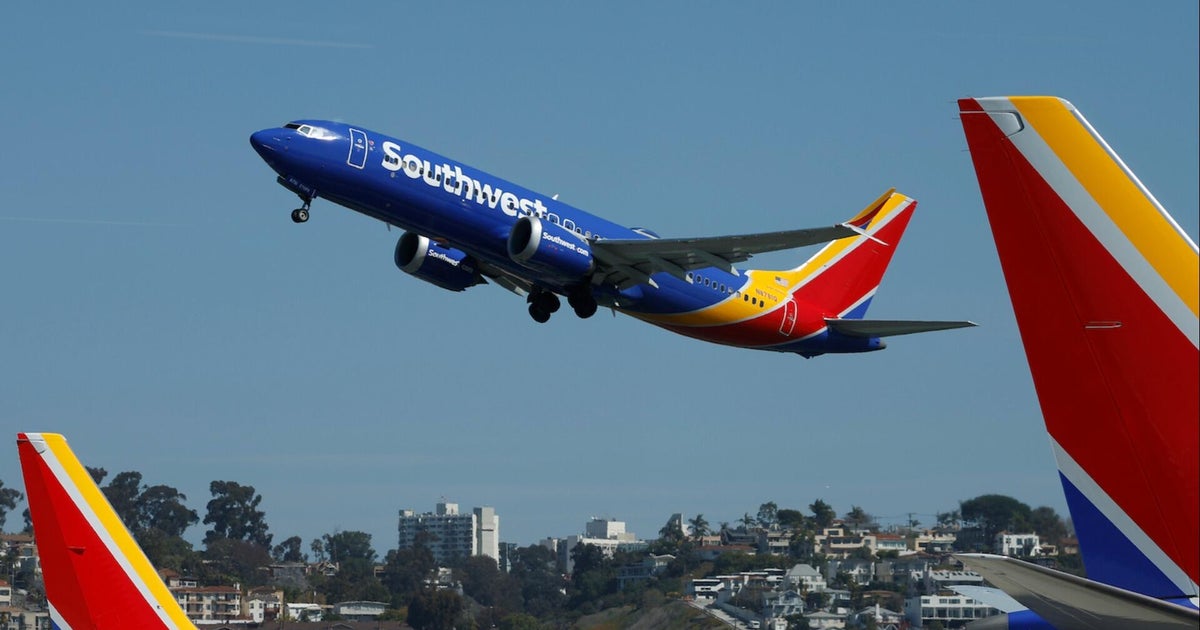
High temperatures are expected to impact 195 million Americans Tuesday as extreme heat warnings are issued along the eastern half of the U.S.
The sweltering heat is also a challenge for airlines. Southwest Airlines limits the amount of time the ground crews spend in the weather — not only because of the sun, but due to the heat radiating off of the pavement.
Southwest also deploys roving hydration stations and aims to get ground crews out of the unrelenting heat after every flight they work.
“Play by the rules, stay hydrated and stay covered. Stay out of the sun as much as possible,” said John Rawlings, who has worked on the ramp for Southwest Airlines at Phoenix Sky Harbor Airport for the last six summers.
But in 2024, Southwest dealt with a new heat problem – exploding beverage cans. For the last two summers the Phoenix experienced weeks above 110 degrees, causing the carbonated drink cans waiting to be loaded onto flights to ripple and even burst, resulting in some injuries to crew members.
“Once it got up to 105, 110, you started hearing the cans before you even saw ’em you could hear ’em deforming,” said Jake Stoddard, who is part of the team stocking planes with drinks and snacks. “When it was 115, 120, half of your stock would be deformed. So yeah, it was bad.”
The bursting issue prompted a multi-million dollar response by the airline. Southwest bought 60 new refrigerated provisioning trucks for Phoenix and Las Vegas, their two hottest hubs.
“Our summers are extending and that product is under that intense heat for longer periods of time,” said Steve Land, who oversees Southwest’s provisioning team at Phoenix Sky Harbor Airport as they stock about 200 flights per day.
The old trucks didn’t have air conditioning, but the storage area for the new ones are kept at 40 degrees.
The trucks also serve as roaming cooling stations for workers.
Southwest will use heat guns to monitor can temperatures this summer, with the goal of keeping them at room temperature.
Tips to stay safe in extreme heat:
High temperatures can affect anyone, the Centers for Disease Control and Prevention says.
Symptoms may include:
- Muscle cramping
- Unusually heavy sweating
- Shortness of breath
- Dizziness
- Headaches
- Weakness
Experts say the best way to stay safe is to avoid being outside for long periods of time. If you must be outdoors for an extended duration, the CDC reminds people to take breaks when they can, stay in the shade if possible and hydrate.